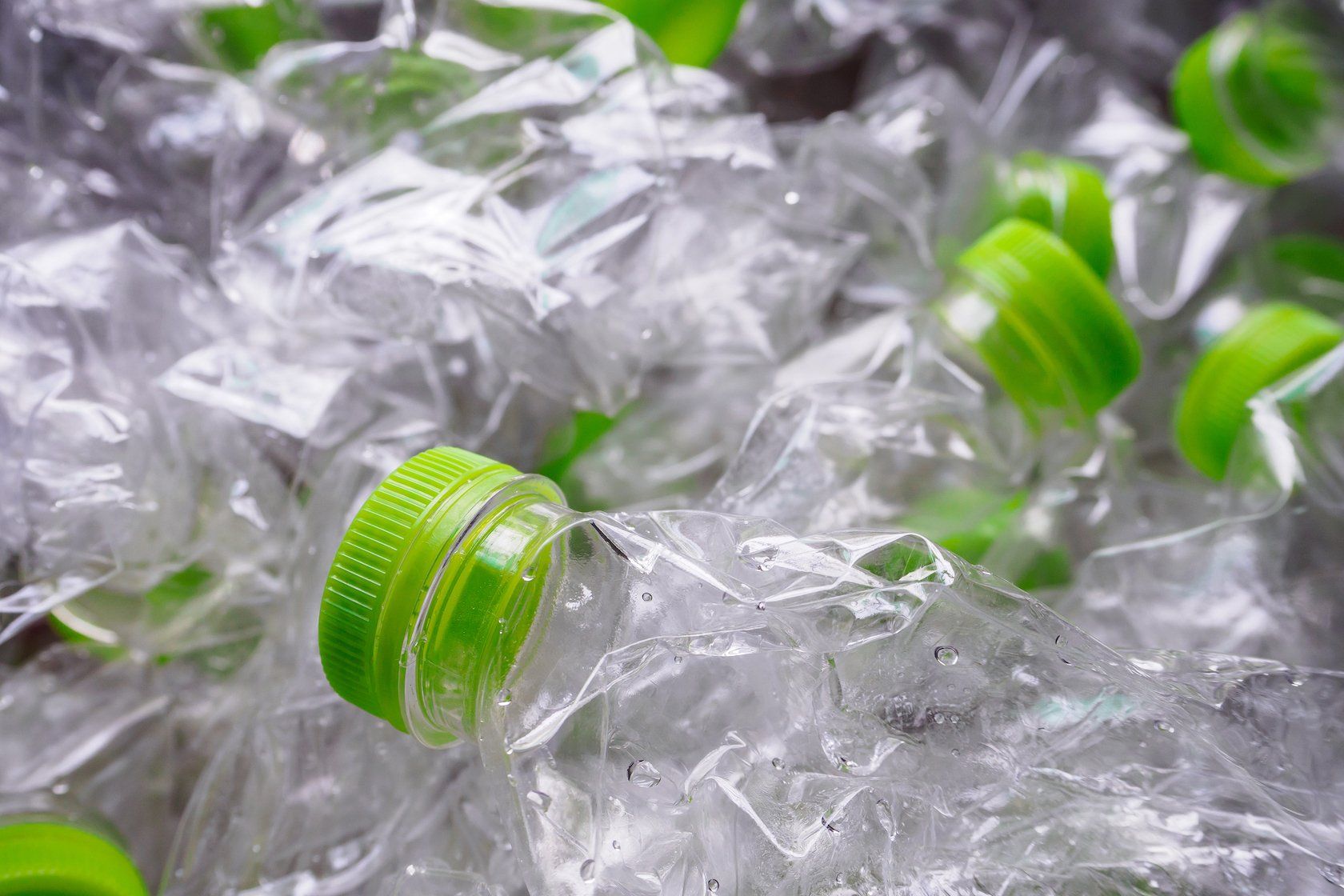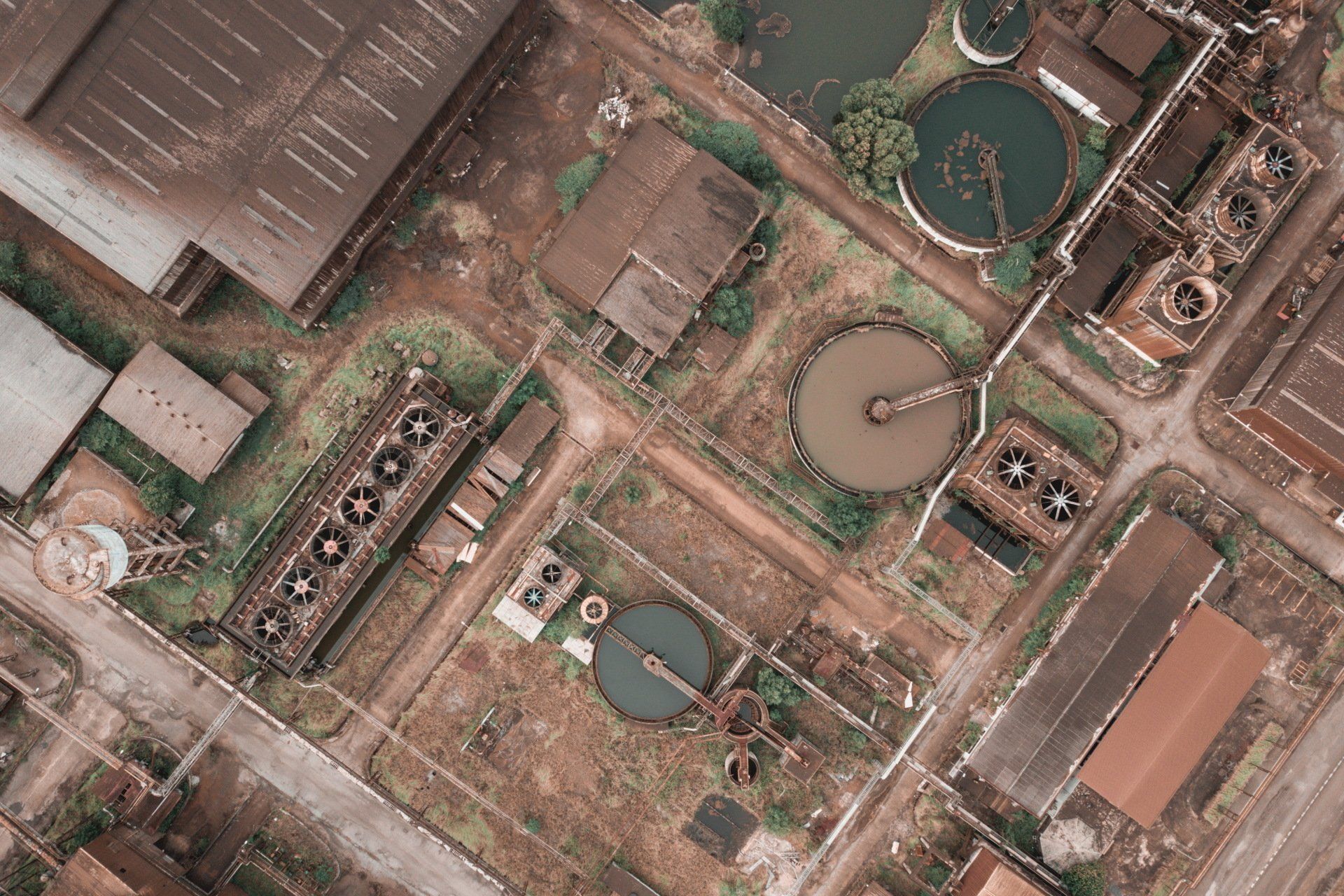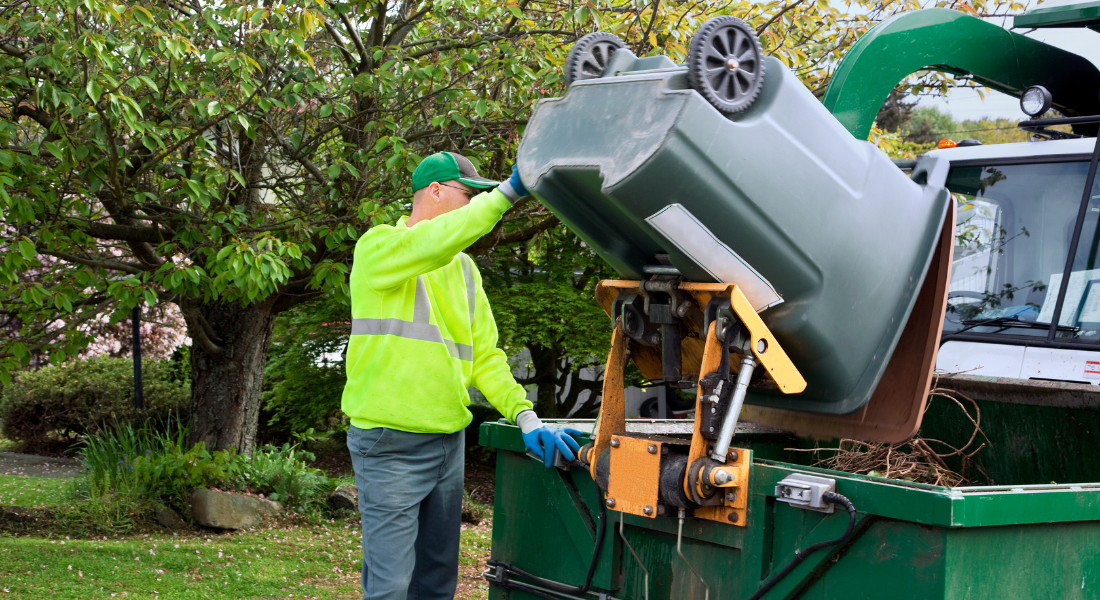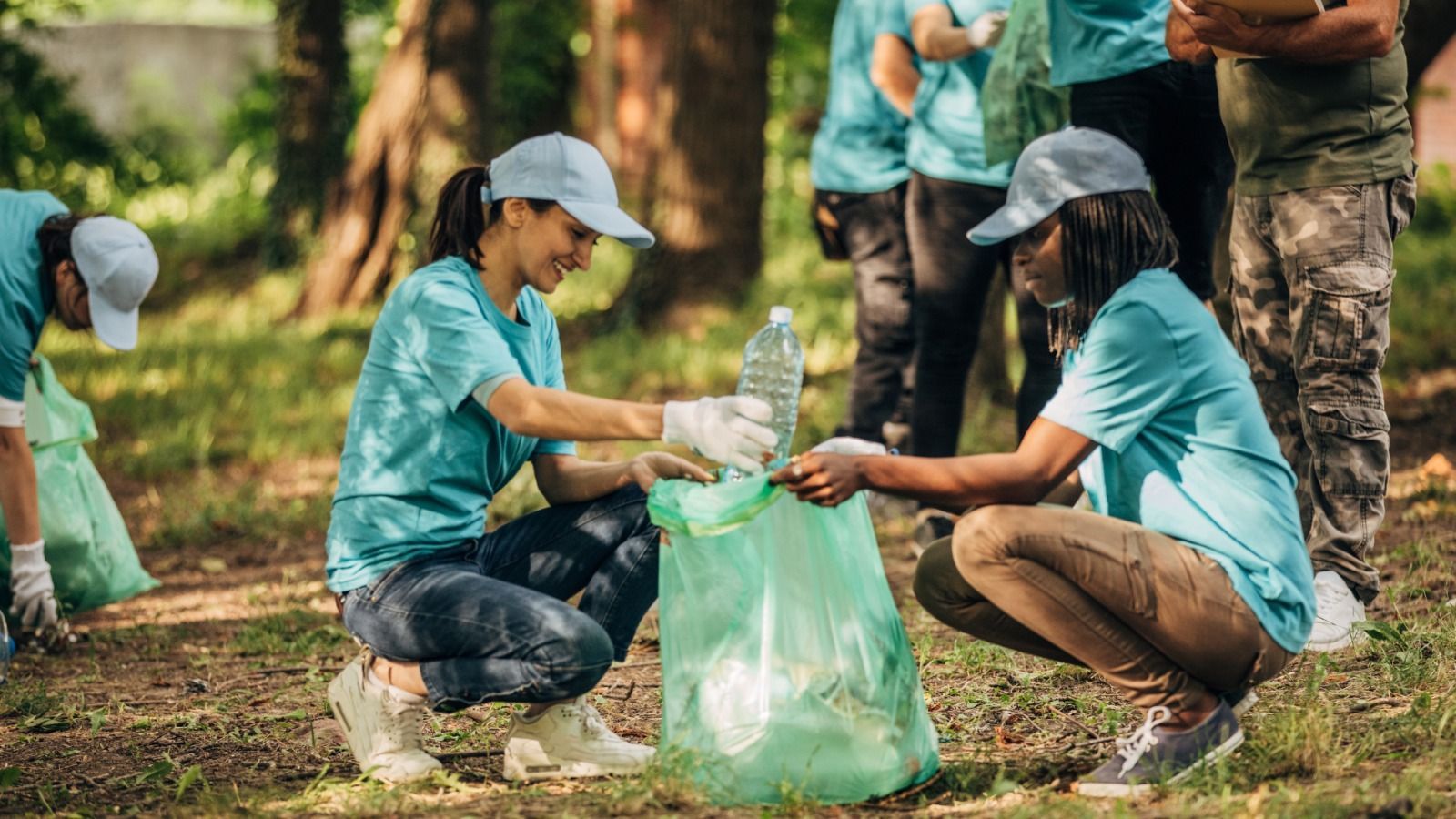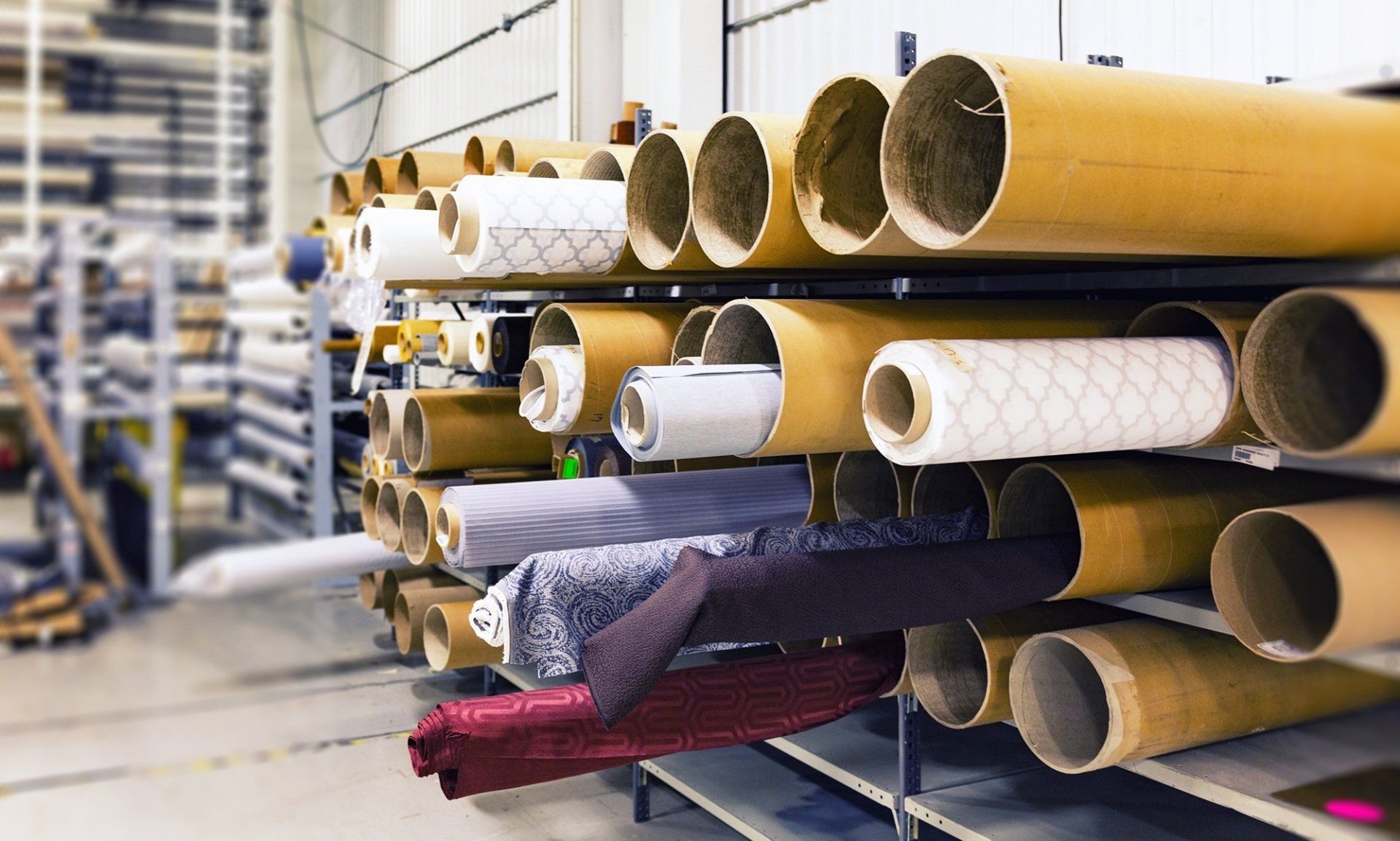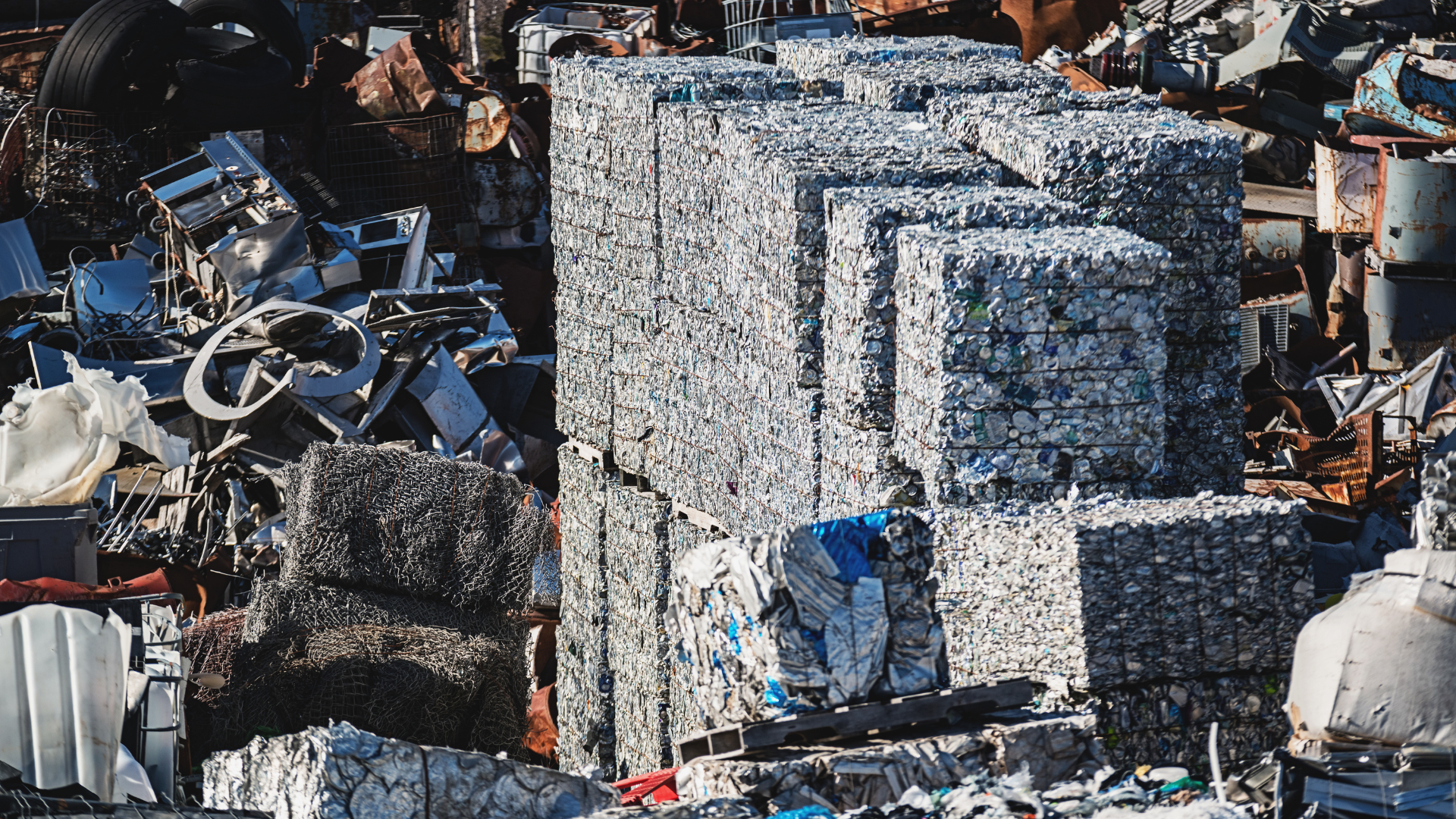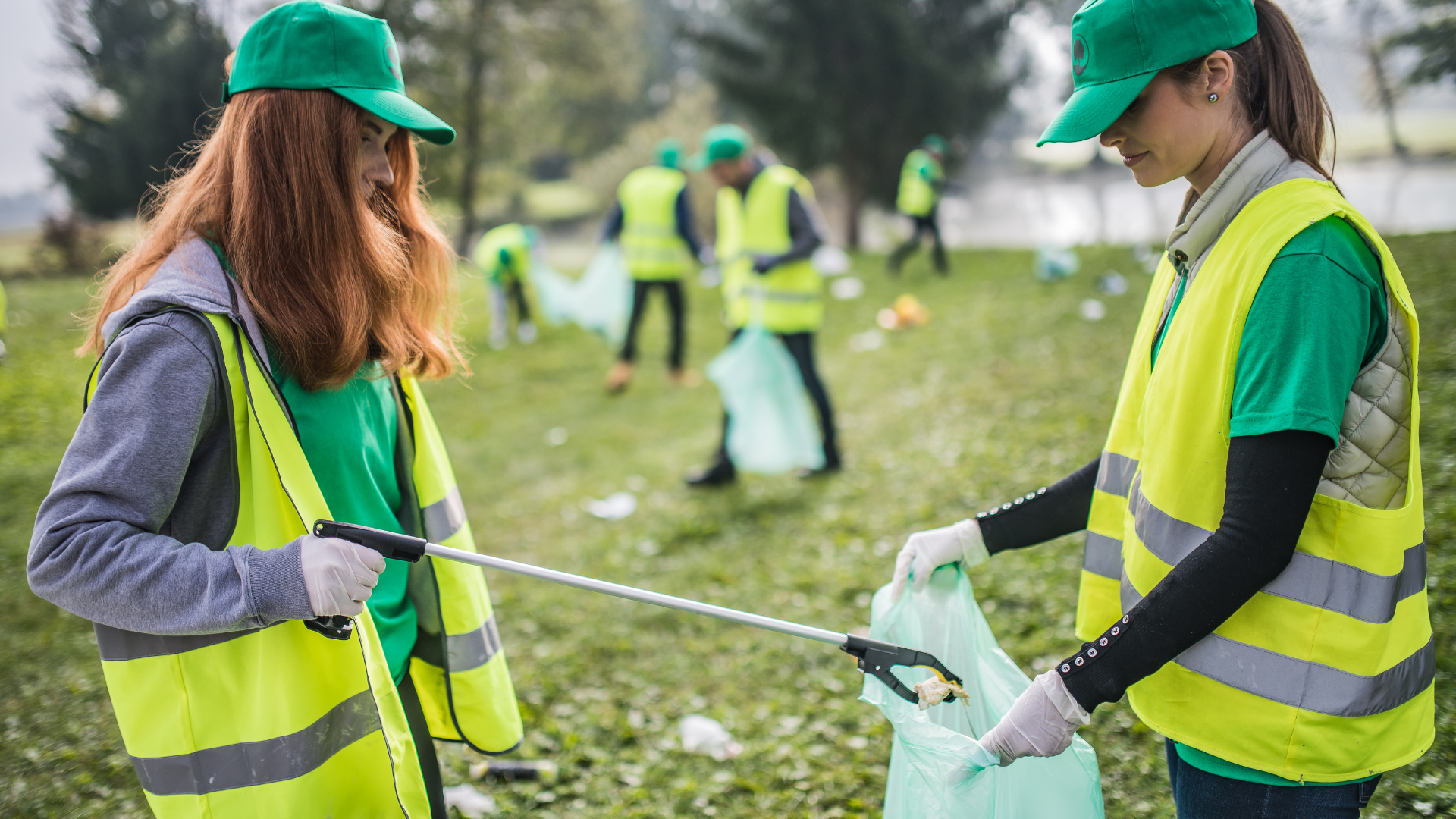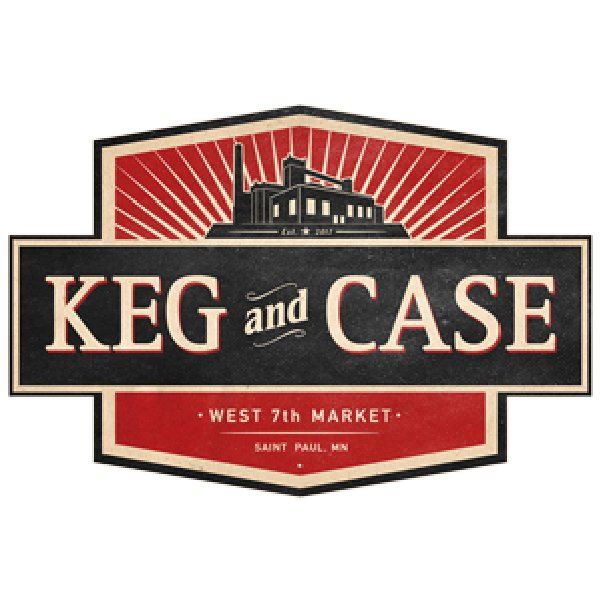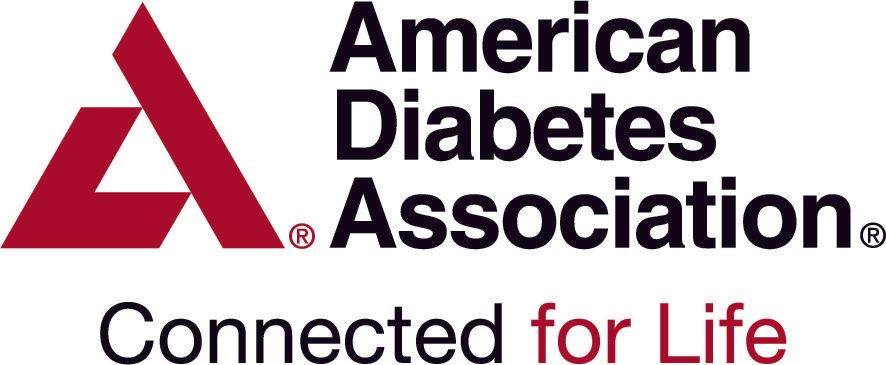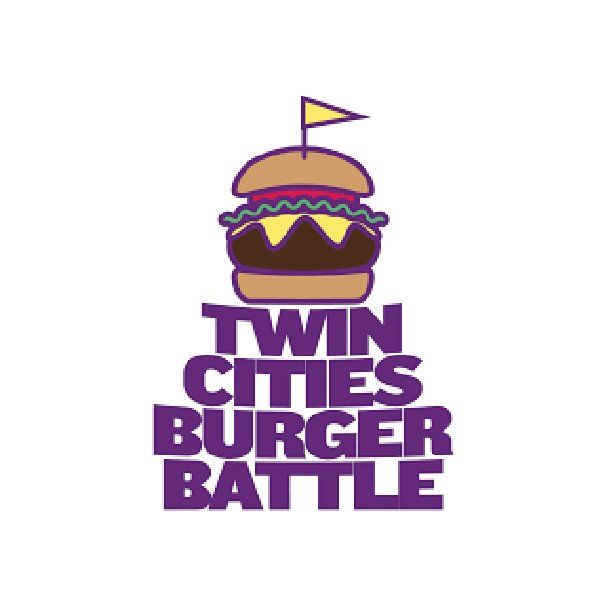6 Major Issues With Plastic
Brad Smith • October 3, 2019
FIND OUT HOW YOU CAN SAVE OVER 30% ON YOUR WASTE COST
WHILE IMPROVING THE SERVICE LEVEL
Free Waste Cost Calculator
We Will Provide A Free Waste Savings Audit.
If you take a moment to glance around your home or office, you are likely to notice that you are surrounded by plastic. There are grocery bags, straws, bottles of water, disposable utensils and food wrappers, just to name a few. Plastic is definitely a fiery topic nowadays when based on both environmental and health concerns.
Virtually every piece of plastic that was ever made still exists in some shape or form, with the exception of the small amount that has been incinerated.
6 Major Issues With Plastic
- Ends Up In The Ocean. In the US we do a great job managing our waste materials, however in many parts of the world, and especially in SE Asia, they dispose of their waste in the ocean. Since so much more is plastic, and not organic, it is directly affecting marine life in the ocean including fish, a popular main source of food for humans. Regularly, our society is so fixated on making our lives more convenient in the short term, however, in the long run, our own health and the health of marine life are at the expense of these conveniences. It should be noted that 8 MILLION METRIC TONS of plastic winds up in our oceans each year. That’s enough to cover every foot of coastline around the world with five full trash bags of plastic, and compounded each year.
- Heat And Plastic Don't Mix Well. How many times are foods cooked or reheated in the microwave? This act could be releasing BPA (bisphenol A) and phthalates may leak into the food by chemical leaching. Migration is likely to be greater with fatty foods, such as meats and cheeses. If you choose to microwave leftovers, choose a glass dish such as Pyrex and leave the BPA-free lid off just to be safer.
- Plastics Promotes Alzheimer's Disease. Some studies say plastic promotes the formation of toxic brain proteins that have been linked to the development of Alzheimer’s disease. Studies have shown that the brains of people with Alzheimer’s disease are riddled with plastic deposits.
- Health Problems For Humans. Toxic chemicals leach out of plastic and are found in the blood and tissue of nearly all of us. Exposure to these chemicals have been in some cases linked to cancer, impaired immunity, birth defects, endocrine disruption and other ailments.
- Animal Deaths. The plastic can get stuck in their stomachs, preventing them from eating food. The same can happen on land as well, since animals mistake the material for something edible, especially when eating from garbage bins. Not to mention the species that can get tangled into plastic waste and die.
- Plastics Waste can affect Groundwater. Operating landfills in the United States have safeguards to manage any toxic liquids that can leach out of them, and are treated, however old, unlined landfills could generate toxic chemicals from plastics drain out and permeate into groundwater.
Plastic is a material made to last forever, however, 33 percent of all plastic (water bottles, bags, and straws) are sadly used just once and thrown away. Plastic cannot biodegrade; it simply breaks down into smaller pieces.
We specialize in waste consulting and event services and can help you with your environmental needs. Please contact us today, our goal is to exceed our customers' expectations and help our customers maximize their efficiencies and sustainability while striving to reduce the long-term costs for our customers.
Our Recent Articles
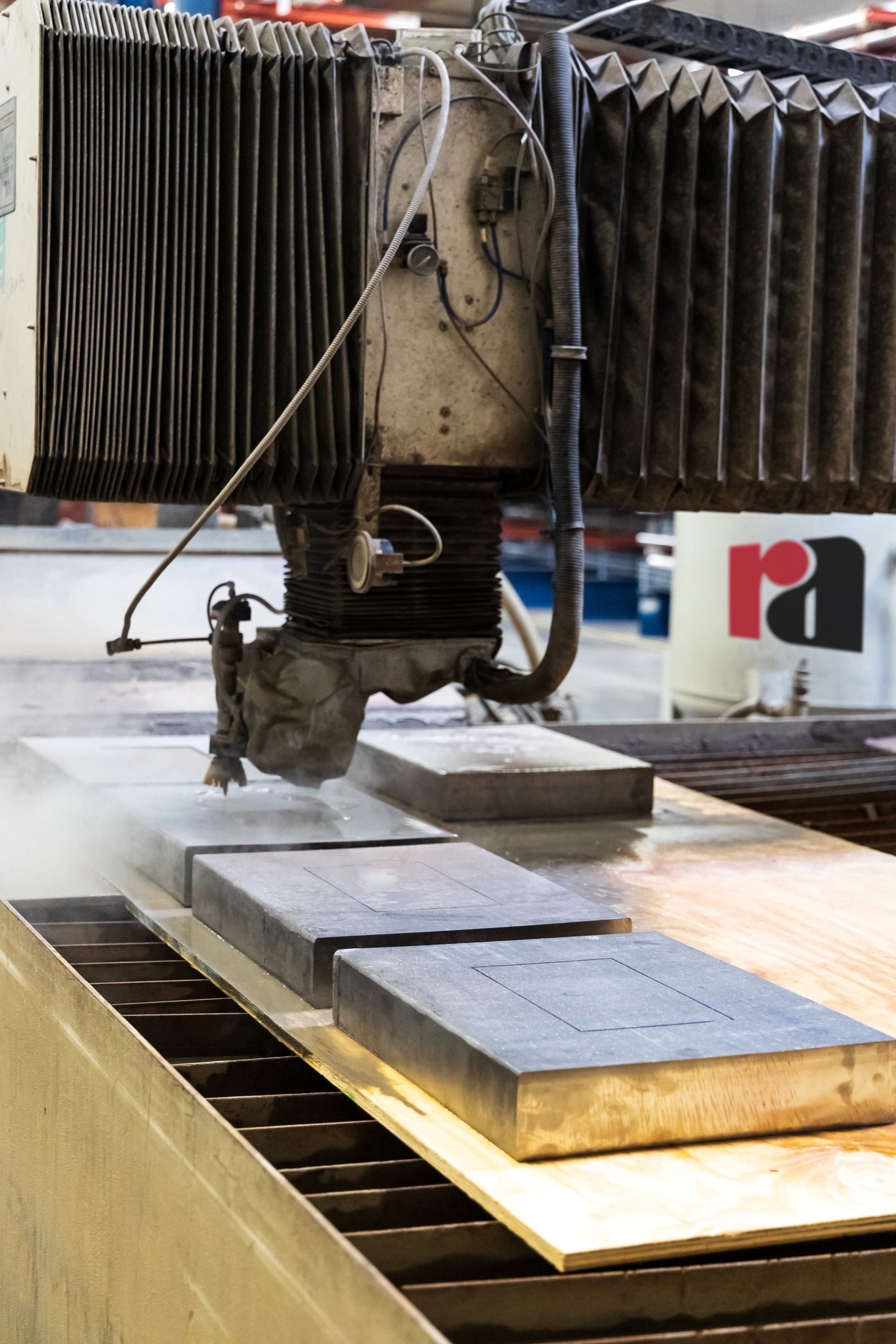
Strategizing on waste solutions goes beyond the confines of the business premises. It extends to the choice of suppliers and partners that a business collaborates with. Working with eco-friendly suppliers means that the products entering the manufacturing process are already optimized for minimal waste.
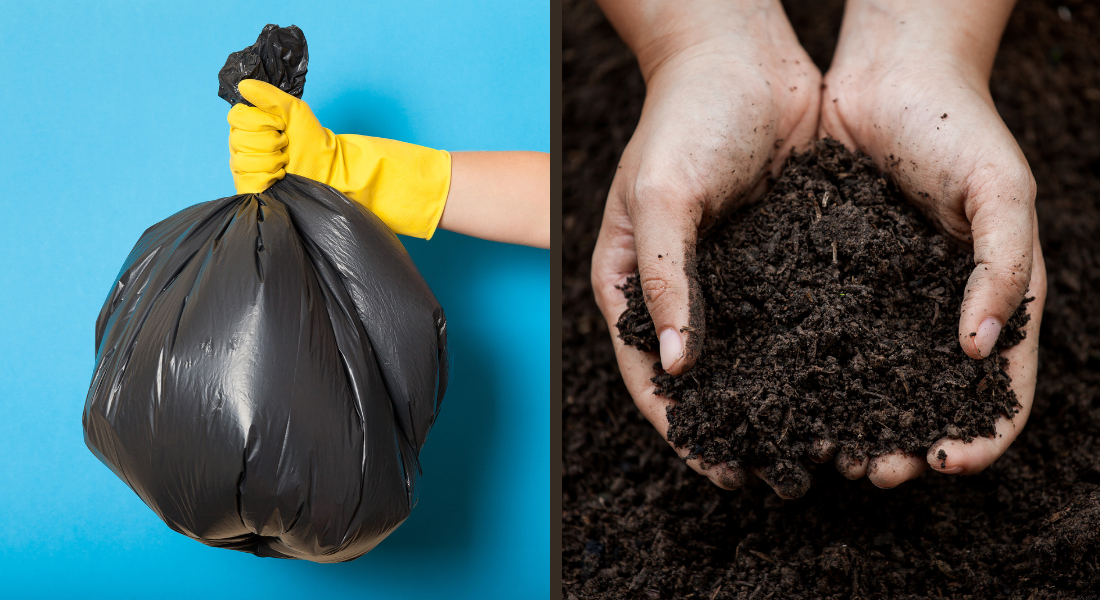
That crumpled receipt. The worn-out tennis shoes with the holes. The leftover spaghetti that's been in the fridge just a little too long. When we're ready to get rid of our waste, we toss it in the bin without a second thought. But where does our trash go after it leaves our homes? What happens to it next? The life cycle of garbage is more complex than you might think. By understanding the path our waste takes, we can make more informed choices to reduce its environmental impact.
FIND OUT HOW YOU CAN SAVE OVER 30% ON YOUR WASTE COST
WHILE IMPROVING THE SERVICE LEVEL
Free Waste Cost Calculator
We Will Provide A Free Waste Savings Audit.


